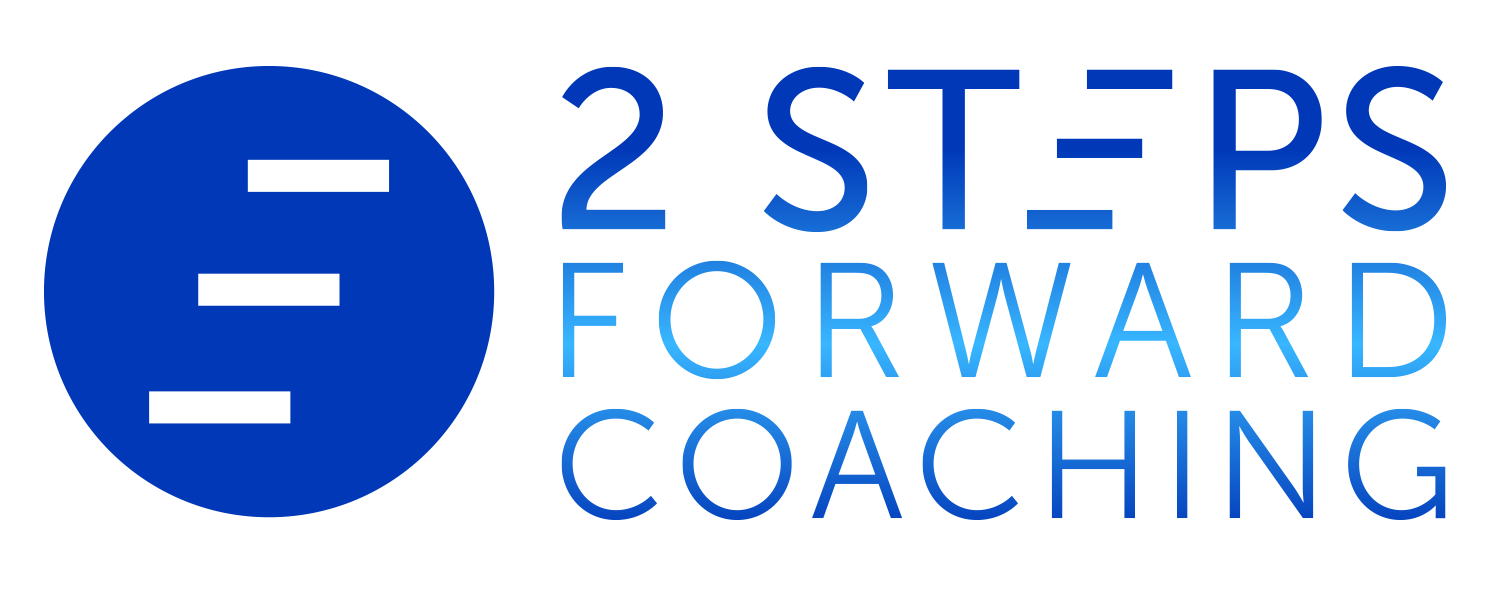The Power of Releasing Expectations: A Path to Freedom from Stress and Anxiety
We’ve all heard the saying, “Expectations are premeditated resentments,” and if that’s true, then many of us should probably consider enrolling in a support group for expectation-related anxieties! It’s like planning a surprise party only to find out the guest of honor is on vacation in the Bahamas. Expectations can be like that overly optimistic friend who insists that everything will go exactly as planned—bless their heart! In reality, they’re often just the universe’s way of keeping us humble and reminding us that life has a sense of humor all its own.
The Emotional Toll of Expectations
Qualitatively, many people report that unmet expectations result in disappointment, frustration, and self-doubt. For instance, individuals may feel overwhelmed when their job doesn’t lead to the anticipated promotion, or they might experience heartbreak when a relationship doesn’t progress as they envisioned. These emotions can create a cycle of negative thoughts that fuel anxiety and stress, impacting mental health and overall well-being.
Quantitatively, research supports the detrimental effects of unmet expectations. A study published in the journal Emotion found that participants who struggled with high expectations reported greater levels of anxiety and lower life satisfaction. Moreover, a survey conducted by the American Psychological Association revealed that nearly 75% of adults report feeling overwhelmed by stress, often stemming from unrealistic expectations they place on themselves and others.
The Liberating Effect of Letting Go
Releasing expectations can be profoundly liberating. By allowing life to unfold organically, we create space for unexpected joys and opportunities. When we reduce the pressure of expectations, we can experience a greater sense of peace and fulfillment.
Here are some practical tips to help you practice letting go of expectations:
Cultivate Awareness: Begin by recognizing when you’re holding onto expectations. Journaling your thoughts can help identify patterns and triggers. Awareness is the first step toward change.
Practice Mindfulness: Engaging in mindfulness meditation can help you stay present and observe your thoughts without judgment. This practice teaches you to detach from rigid expectations and accept the present moment as it is.
Shift Your Focus: Instead of fixating on specific outcomes, concentrate on the process and what you can control. Emphasize your actions and efforts rather than the results. This shift can reduce anxiety about future uncertainties.
Embrace Flexibility: Train yourself to be open to different outcomes. When faced with an unexpected situation, ask yourself, “What can I learn from this?” This mindset can transform disappointment into growth opportunities.
Set Realistic Goals: While it’s important to have aspirations, ensure they are achievable. Break larger goals into smaller, manageable steps to avoid setting yourself up for failure and subsequent stress.
Practice Self-Compassion: Treat yourself with kindness when things don’t go as planned. Remind yourself that everyone experiences setbacks, and it’s a natural part of life. Self-compassion can reduce feelings of inadequacy and anxiety.
Engage in Gratitude: Focus on what you appreciate in your life right now. Keeping a gratitude journal can shift your mindset from what you lack to what you have, fostering a sense of contentment.
Conclusion
Letting go of expectations is a powerful tool in reducing stress, anxiety, and worry. By embracing the unpredictability of life and cultivating a mindset of acceptance, we open ourselves up to greater joy and peace. It’s a journey that requires practice and patience, but the rewards—freedom from unnecessary stress and the ability to live more fully in the present—are well worth the effort.
What would mean to you if you could experience greater happiness and satisfaction in your life? Find out more about a unique research-backed assessment, Energy Leadership Index Assessment, that allows you to quickly understand the beliefs, perceptions and attitudes that are contributing to the stress, anxiety, worry and frustration in your life. Click HERE
